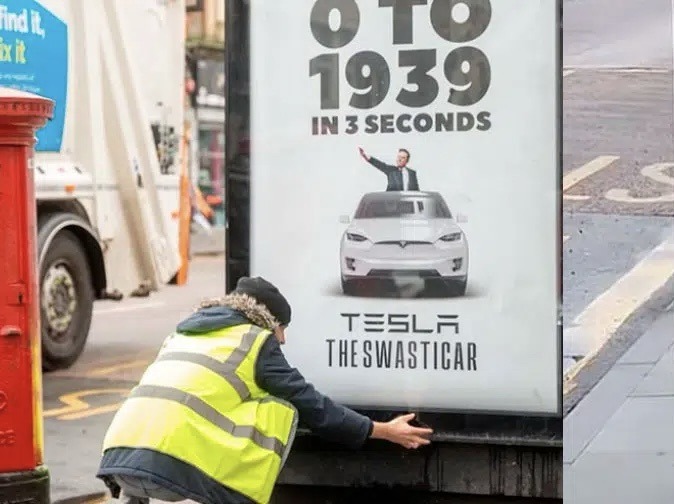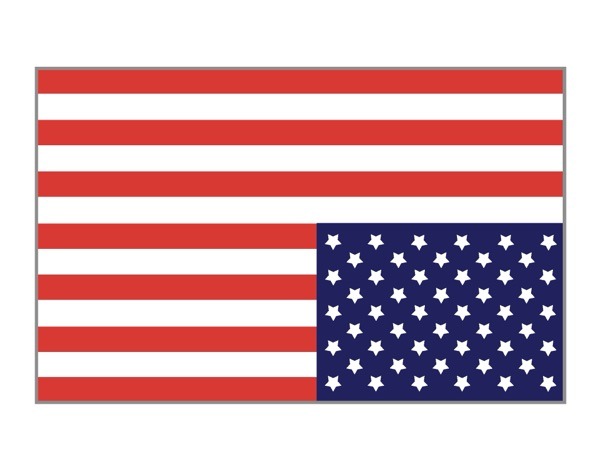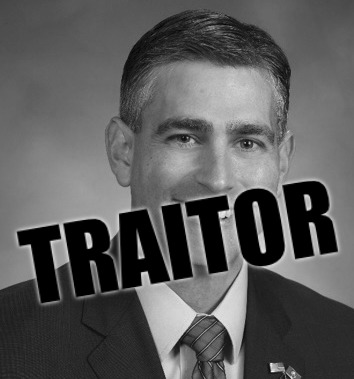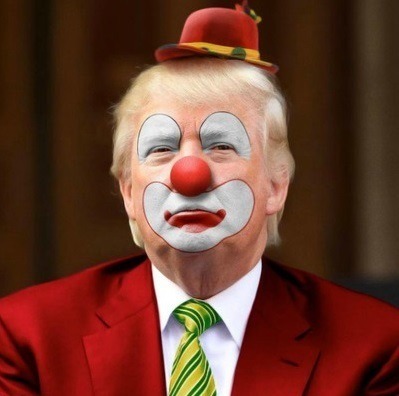The Growing Problem With Tesla: Toxic Leadership and Poor Build Quality Affecting Trade-In Practices
Tesla has long been a trailblazer in the electric vehicle (EV) market, boasting an enthusiastic customer base and groundbreaking technology. But now, growing concerns about the company’s leadership under Elon Musk and a decline in build quality are leaving many Tesla owners frustrated. A rising issue is Tesla’s refusal to accept trade-ins, even for its own vehicles, coupled with lowball offers that seem to contradict the company’s customer-first image.
Tesla Won’t Even Take Its Own Cars Back
One of the most puzzling aspects of this dilemma is Tesla’s refusal to take its own vehicles in trade, particularly for models like the highly anticipated Cybertruck. Despite being loyal customers who own Teslas, some owners are finding themselves rejected when attempting to upgrade, especially if they want to trade in a used Tesla. Even cars in excellent condition are being turned away, leaving owners with limited options like third-party resellers or private sales.
This practice has many scratching their heads. It’s one thing for a dealership to decline a non-Tesla trade-in, but for the company to refuse its own products raises significant questions about Tesla’s commitment to its customers. Is Tesla more focused on pushing new cars than supporting the very customers who helped build its success?
When Tesla does accept trade-ins, the offers are often shockingly low. Multiple reports from owners indicate trade-in values that can be 60% lower than the vehicle’s actual market worth. With the rising cost of new Teslas, these lowball offers have become a bitter pill to swallow, leaving customers who’ve already invested in Tesla questioning their decision to stay loyal.
For owners looking to trade in their older Tesla for an upgrade, these meager offers only widen the financial gap between their vehicle’s worth and the new car they want. Rather than feeling rewarded for their loyalty, customers feel penalized, as if their investment in the brand is worth far less than they expected.
The fundamental problem with Tesla’s trade-in policy isn’t just the refusal to accept cars or the low valuations—it’s the company’s lack of support for the customers who helped it reach its current heights. By prioritizing new sales over fostering long-term relationships with existing owners, Tesla is creating unnecessary friction. This approach seems out of touch with the customer-centric model Tesla claims to follow, especially considering the company’s reputation for innovation.
Unlike traditional dealerships, where trade-ins are typically part of the purchasing process, Tesla’s unwillingness to work with its own customers feels backwards. A company built on cutting-edge technology should be more forward-thinking in addressing trade-ins, especially when those loyal customers have been fundamental to Tesla’s success.
Tesla owners are increasingly finding themselves stuck in a bind. With little explanation for why trade-ins are being rejected or why valuations are so low, many are left searching for alternatives. Some turn to private sales or third-party resellers in hopes of getting a better deal, but selling privately can be time-consuming and stressful. As a result, many customers who believed they were making a smart investment in the future of transportation are now questioning whether Tesla is living up to its promises.





